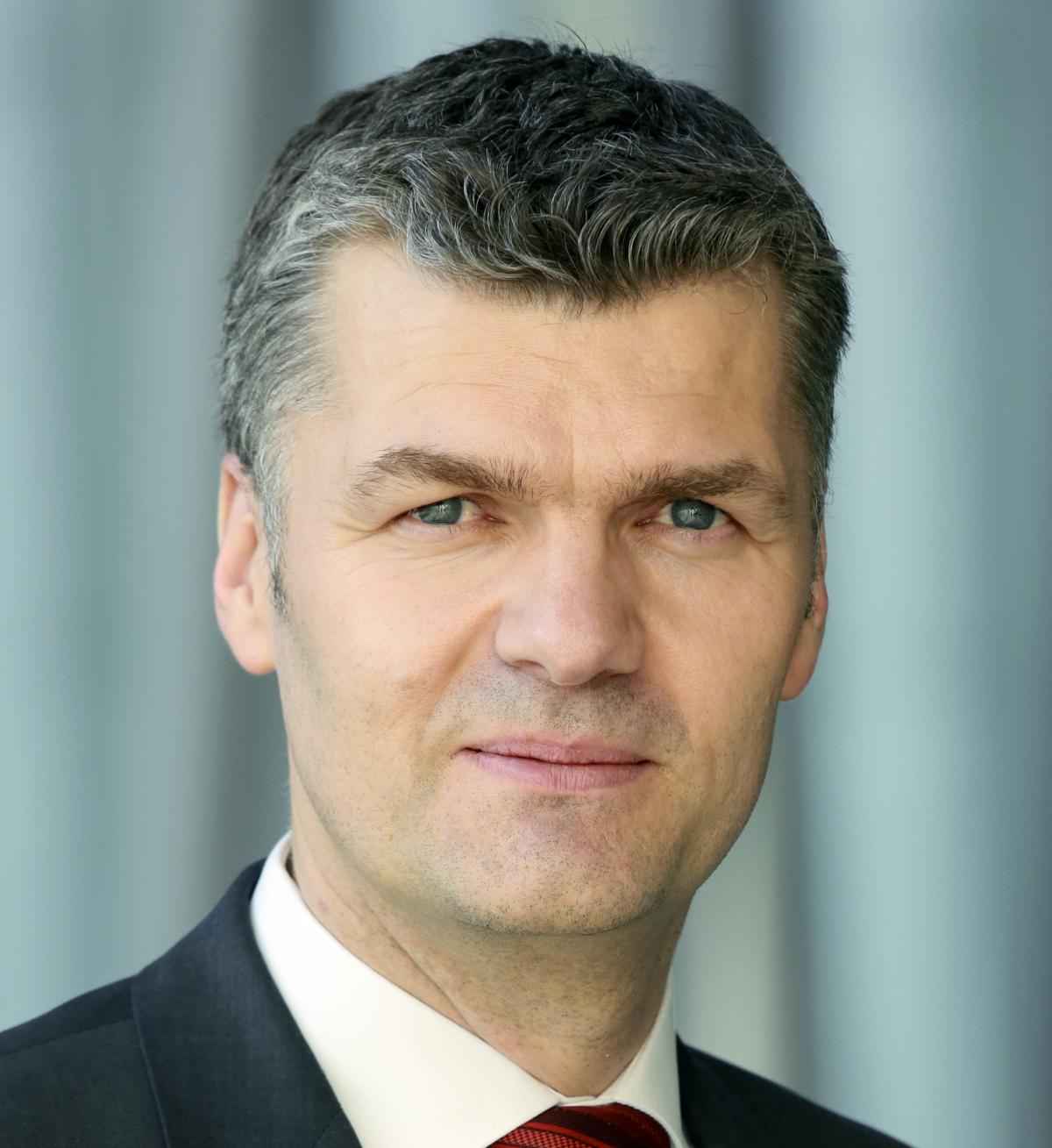COP21 Interview: Old business models are challenged by Energiewende
CLEW: What would you consider to be a successful outcome of the Paris climate conference?
Rüdiger Senft: At the Commerzbank we would like to see a binding agreement and long-term emission reduction targets. For the banking sector, the topic of carbon trading or a price on carbon is very important. Carbon trading is not a European thing anymore. Times have changed with an increasing number of national and regional schemes, for example in China, California or South Korea. We would hope that Paris will create a signal for carbon pricing and will be a catalyst for change.
What do you think are the biggest challenges in the process?
When 195 nations sit together usually the lowest common denominator prevails. But in this case I am of the opinion, maybe a little naïvely, that politicians must work together to put forward ambitious climate action targets. We’re fighting global climate change, this is about the greater good and the big picture and every country should make its contribution. So I hope that Paris will not get lost in petty skirmishes. Obviously richer countries with larger economies have to contribute more. I think Germany is accepting this role and maybe this will serve as an example for other industrial nations to contribute more to climate action than developing nations.
What lessons can other countries learn from Germany’s approach to cutting greenhouse gas emissions?
It’s my hope that Germany’s transition to a renewable energy system is held up as an example. As a bank, we always assess the risks and chances of a transformation such as the Energiewende (energy transition). Commerzbank has seen the opportunities in the Energiewende and has been active in the renewables sector through financing renewable energy projects for years. At the same time we are closely watching the risks that climate change or the mitigation of climate change through decarbonising the economy could pose to individual companies and what loan defaults could result from it. This aspect of factoring in risks related to climate change will become more important. But it is a positive undertaking because it factors in the reality of the impact of climate change.
More and more financial institutions and insurance companies, such as Allianz, are divesting from fossil-fuel related assets. Do you see this as a trend in Germany and what are the plans of Commerzbank in this area?
One has to take into account the differences between a bank and a large institutional investor like Allianz which invests its customers’ money. The latter is able to rearrange investments quite quickly. If they see that companies who are highly invested in coal might lose value they will calculate their risks and act accordingly.
Commerzbank is less involved in this investment business. We are a bank which is more focused on giving loans to corporate clients. Some of these loan relationships have evolved over decades and when you have such a close connection to your customer you can’t change your involvement as quickly. Nonetheless we endeavour to find solutions for our customers that result from the energy transition.
Some business models have been challenged by the Energiewende and Commerzbank has to react to this without abandoning our customers. As a creditor we can influence our customers by asking about their medium and long-term planning and whether it takes into account low-carbon strategies. If, for example, we find that climate change related risks are not incorporated in a company’s business strategy we have to question our relationship with that company. While we’re trying to work together with our customers on this we also have criteria for exclusion, such as not funding companies that use mountain-top removal coal extraction. We’re currently revising the method by which we decide to grant credit to customers.


